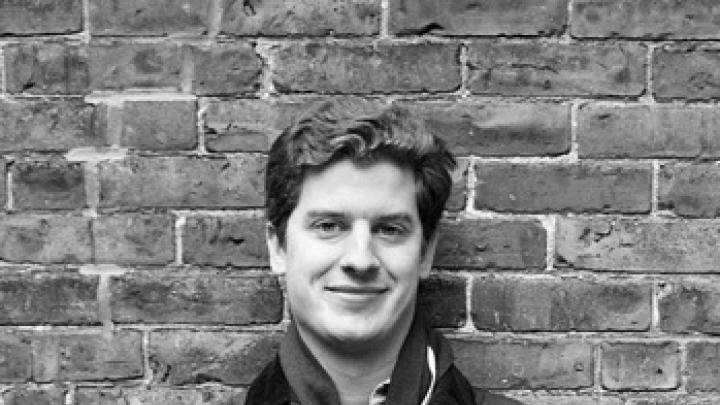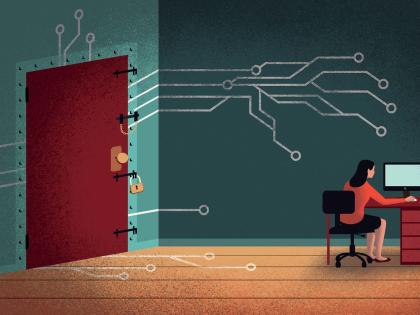Daniel Rasmussen ’09 found his senior thesis topic where the history books left off: scattered but brief references to a slave rebellion in New Orleans in 1811 piqued his interest junior year. When the history and literature concentrator realized that, with a militia of some 500 black slaves, this was the single largest and most tactically sophisticated slave revolt in American history, and that not only this fact, but the event itself, had gone largely unexamined, he knew he had his topic.
The thesis went on to win a Hoopes Prize for excellence in undergraduate research, but Rasmussen wanted to make sure that the story had readers beyond the prize committee. “This is a story that needs to be told,” he says. “This is a tremendously important moment in American history, and a very important moment in African-American history. It undermines our understanding of slavery as depressing, and of the slaves as victims. These slaves were heroes.”
Since graduation, Rasmussen has been working as an analyst at a private equity firm in the Boston area and devoting his free time to expanding his thesis into a book. The result, American Uprising: The Untold Story of America’s Largest Slave Revolt, will be published by HarperCollins in January.
The book ranges geographically from the origins of both the slaves in West Africa and the planters in France and Spain to their collision in the early-nineteenth-century American South, narrating not just the event itself, but the ideologies that went into making it, the implications of its failure and brutal suppression, and the subsequent silencing of the entire story by those in power. “If other slaves found out about this, it was not going to be great for Louisiana, the Deep South, and the sugar economy,” Rasmussen explains. “This goes against the fundamental premise of plantation slavery, which is that slaves are not people.”
His thesis, “Violent Visions: Slaves, Sugar, and the 1811 German Coast Uprising,” left out a lot of material, and he was eager to retell the story in its fullest form. “I think of the thesis as the ‘Google Maps’ version; the book is sort of the ‘Google Street View,’” he says. “For the thesis, writing the first definitive account of the largest slave uprising in American history was enough, but for a popular audience you have to do more--you have to explain why it matters, who these people were. I want this to speak to people who are in high school, people who are retired, people who are interested in American history and never knew about this.”
Fletcher University Professor Henry Louis Gates Jr. wrote in an advance review, “This book would be a major accomplishment for any historian; for a historian at such an early stage in his career, it is breathtaking.” Yet for the moment, Rasmussen is happy simply to be where he is. “I considered graduate school, but going to grad school is like entering the priesthood--you have to know it’s the perfect thing for you,” he says. “I certainly want to continue to write. I’m not yet sure what my next project will be…I want to see how this one goes, how it’s received, what people like and don’t like about it.”









